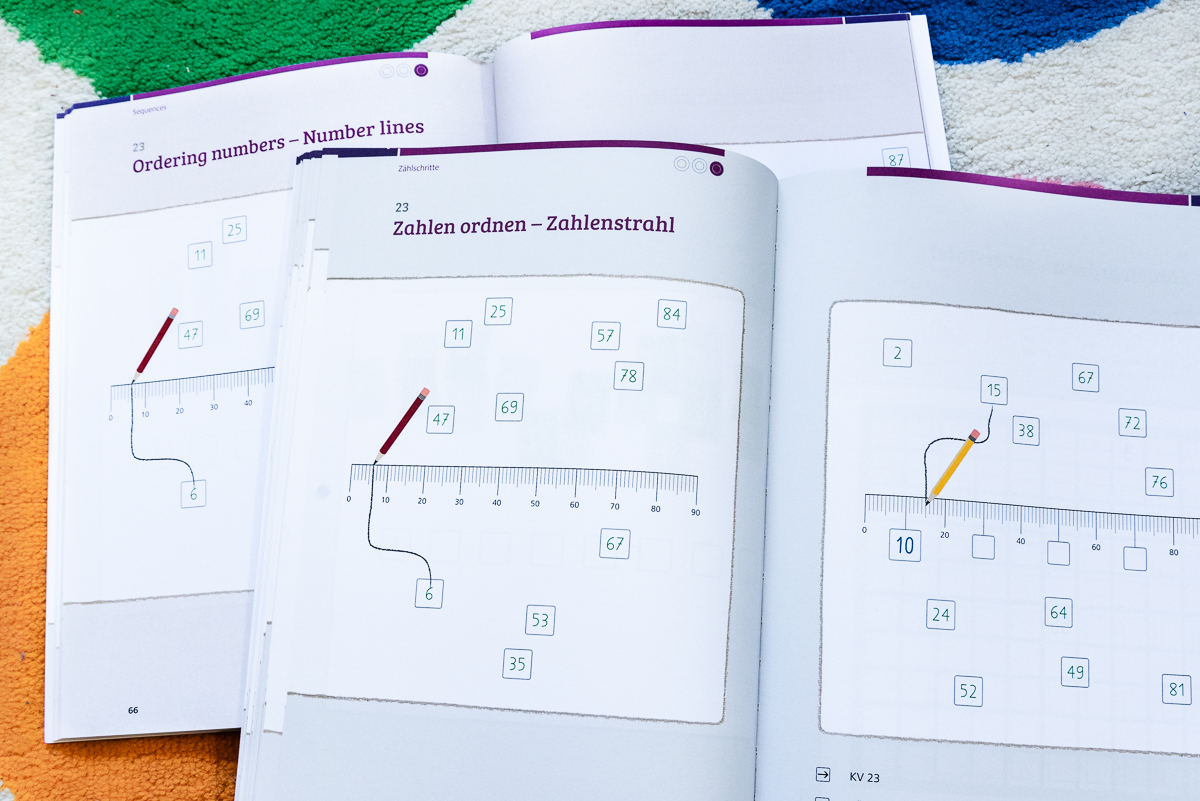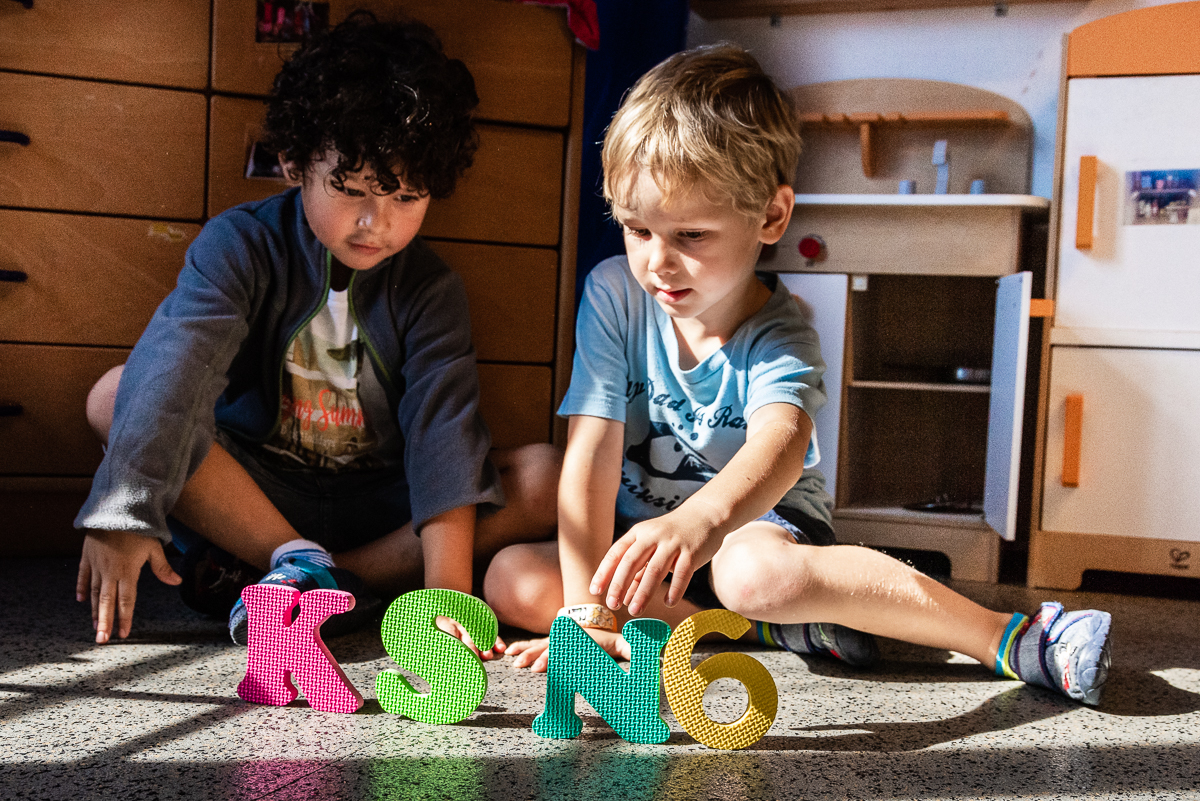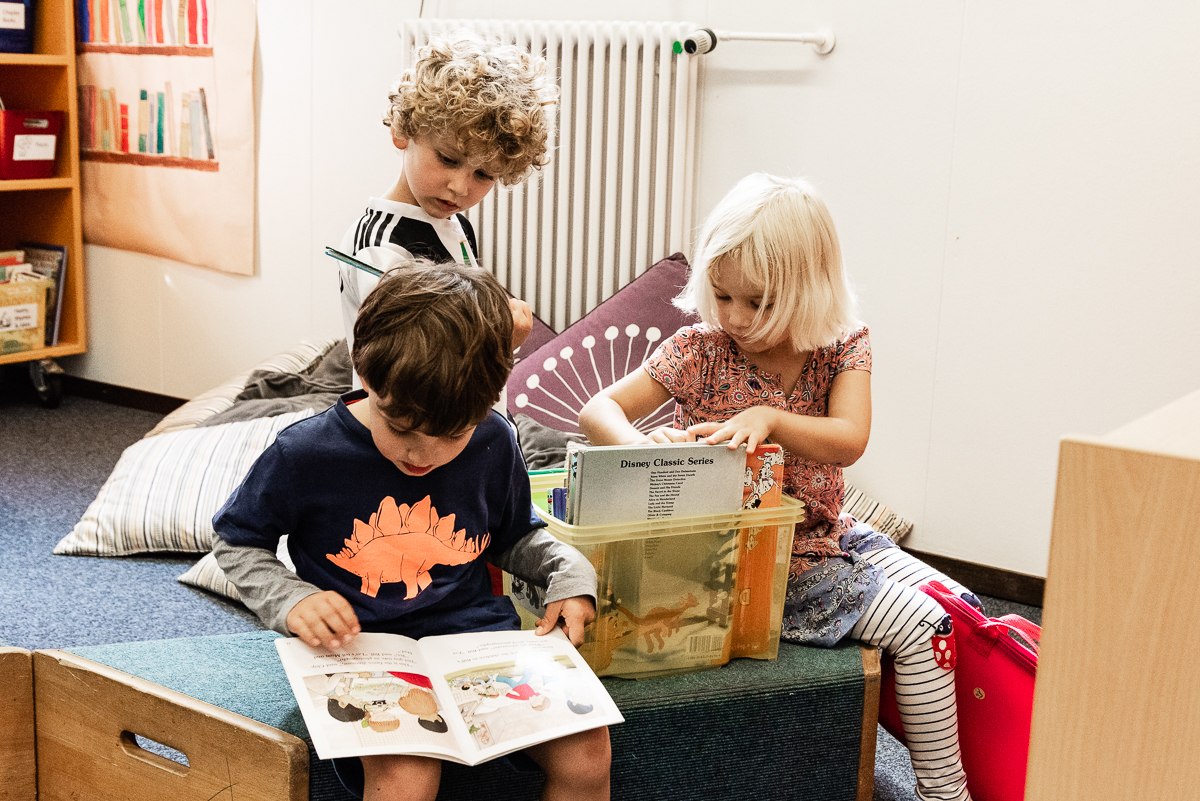Which school is the right one for my child? With so many options including both public and private, deciding on a school for your child inevitably is an important decision for a parents.
Should I choose a bilingual or monolingual environment? Of course, this decision should be highly personalised to the child in question. You should take his/her age, previous schooling, temperament, and academic ambitions into account. Where parents find it appropriate to enter their child into a bilingual system, researchers and education experts agree there are enormous benefits to be reaped, above and beyond the enviable gift of speaking two languages.
If parents want a bilingual experience for their child, they would have to opt for a bilingual school. The Academia Bilingual Schools in Basel, Küsnacht (ZH) and Winterthur provide just such an education. We spoke to Elizabeth Suter, Principal in Küsnacht, in more detail about the advantages and how they deliver a truly bilingual education.
Why does your school support bilingual learning? What do you think are the benefits of learning in this way?
Bilingual education is more than just teaching in two languages. At both Terra Nova Bilingual School in Küsnacht (ZH) and our partner schools, Academia Bilingual School in Basel and Winterthur, bilingual education provides meaningful and equitable education and builds tolerance towards and understanding of other linguistic and cultural groups. Bilingual education exposes children to an international environment, which opens the doors to different cultures, other worlds, fostering acceptance, tolerance and respect for human diversity.
There are many benefits to bilingual education beyond learning how to communicate and function in an additional language. Research shows that children and young adults who received a bilingual education have increased cognitive development, creative thinking and problem-solving skills, and executive functioning.
How do you structure your curriculum to support bilingual learning? Does one language dominate?
At both Terra Nova and Academia Bilingual School, a consistent approach to immersive education is central to our concept. We split weeks evenly into half German/half English with respective native speaking class teachers. Ensuring that class teachers work together as a team is paramount to our curriculum’s successful delivery. We make sure that all subjects are taught progressively in a balanced way by both teachers through both languages.
Taking things one step further, we have strengthened the alignment between class teachers. An example of this is our primary school maths programme. Maths World 1 & 2 (Kindergarten through Grade 6), published by Schulverlag plus AG, is an up-to-date maths programme based on the Swiss curriculum, while the English version is exclusive for our Academia Schools. The direction it has added to our maths instruction has been invaluable. Looking at the same layout, style and progression in German and English is immensely helpful for staff to deliver a clear and continuous methodology to and for our students.

How does it work socially with the kids speaking two languages?
We maintain the language of instruction during lesson time. During lunch or other break opportunities, the children may freely choose the language they prefer with their friends on the playground. Social encounters are also a form of immersive learning. Children that are still developing a language are encouraged to use the partner language as much as possible to speed up the language acquisition process.
Is it possible to bring students up to the bilingual level if they join you with only one language or one significantly weaker language? How do you do this?
Children who begin a bilingual education early can achieve a high level in both languages by the end of primary schooling. Children that join in the upper primary grades with only one language require a dedicated effort to achieve this goal in a shorter period. We support the students through differentiated instruction and additional individual or small group booster lessons to give them a jump start in the partner language.

Does a focus on bilingualism make anything challenging for the school from a teaching or logistics perspective?
It is beneficial if all staff members understand and, when possible, communicate in both languages. Doing this allows for efficient communication between staff members, members of the management team, and, most importantly, with our students and parents.
Is there anything else interesting you’re doing in this space that you’d like to tell us about?
Together with our partner schools, Academia International School in Basel and Zürich, which offer the British International Curriculum (IGCSEs and International A Levels), we can provide an educational path from Kindergarten through to an international matura.
Author
Elizabeth Suter, Principal Terra Nova Bilingual School in Küsnacht (ZH)
More information about Terra Nova and Academia Bilingual School:
Feedback
Pictures
All pictures (c) Terra Nova Bilingual School

